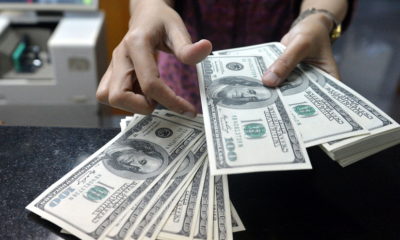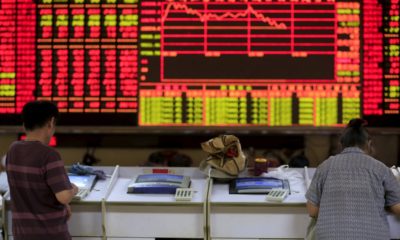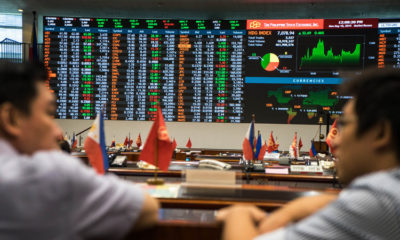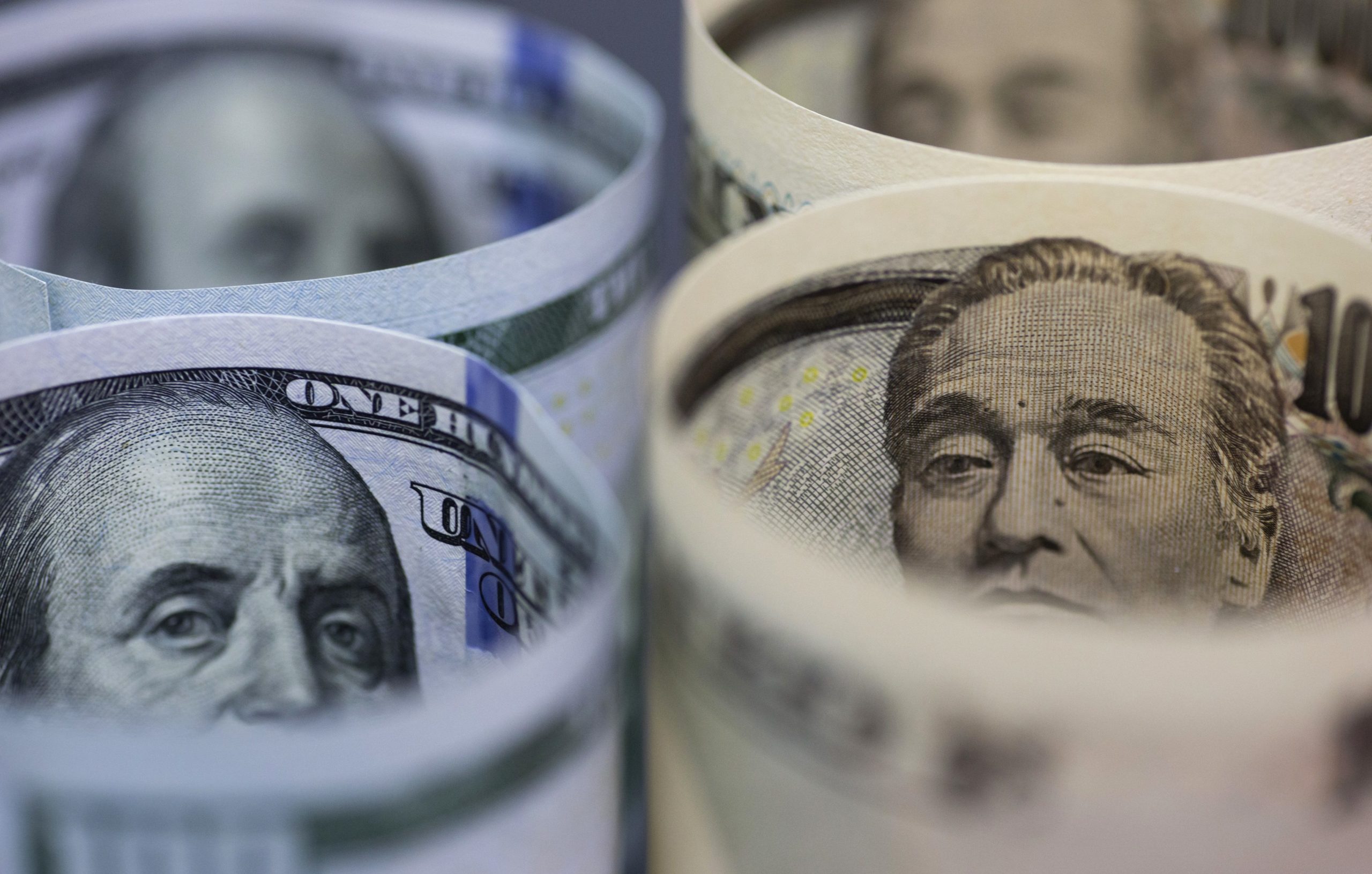Forex
Asian Stocks Advance as Banks Rally; Dollar Slips
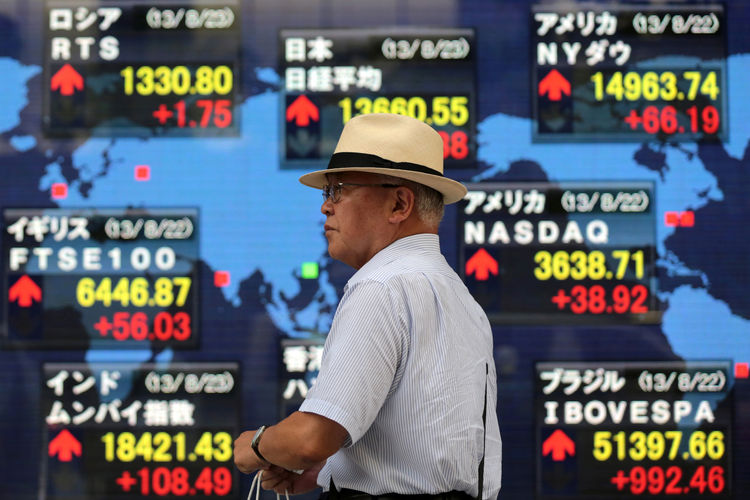
Forex
Yen Hits 34-Year Low Against Dollar Despite Bank of Japan’s Inaction
Naira
Dollar to Naira Black Market Today, April 25th, 2024
As of April 25th, 2024, the exchange rate for the US dollar to the Nigerian Naira stands at 1 USD to 1,300 NGN in the black market, also referred to as the parallel market or Aboki fx.
Naira
Dollar to Naira Black Market Today, April 24th, 2024
As of April 24th, 2024, the exchange rate for the US dollar to the Nigerian Naira stands at 1 USD to 1,260 NGN in the black market, also referred to as the parallel market or Aboki fx.
-

 Forex3 weeks ago
Forex3 weeks agoZiG to the Rescue: Zimbabwe Shifts Gear with New Currency Backed by Gold
-

 Naira2 weeks ago
Naira2 weeks agoDollar to Naira Black Market Today, April 9th, 2024
-

 Billionaire Watch2 weeks ago
Billionaire Watch2 weeks agoNigerian Billionaire Tony Elumelu Contemplates Acquiring NPFL Club
-




 Naira3 weeks ago
Naira3 weeks agoDollar to Naira Black Market Today, April 8th, 2024
-







 Naira2 weeks ago
Naira2 weeks agoNaira Hits Eight-Month High at 1,120/$ Amidst Central Bank Reforms
-





 Naira1 week ago
Naira1 week agoDollar to Naira Black Market Today, April 17th, 2024
-





 Naira4 weeks ago
Naira4 weeks agoDollar to Naira Black Market Today, April 1st, 2024
-







 Naira1 week ago
Naira1 week agoDollar to Naira Black Market Today, April 18th, 2024




